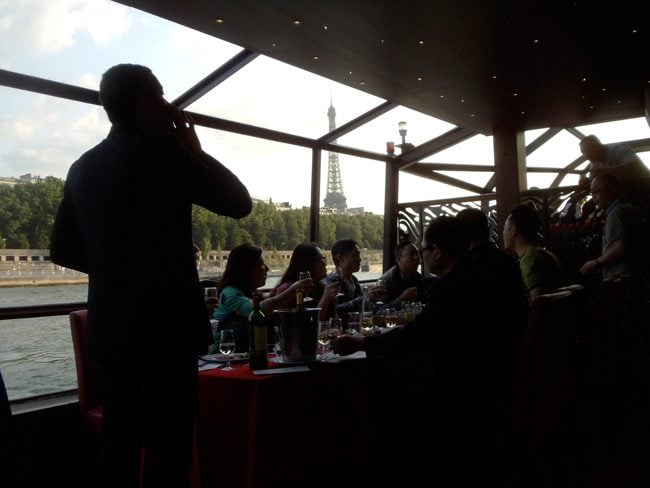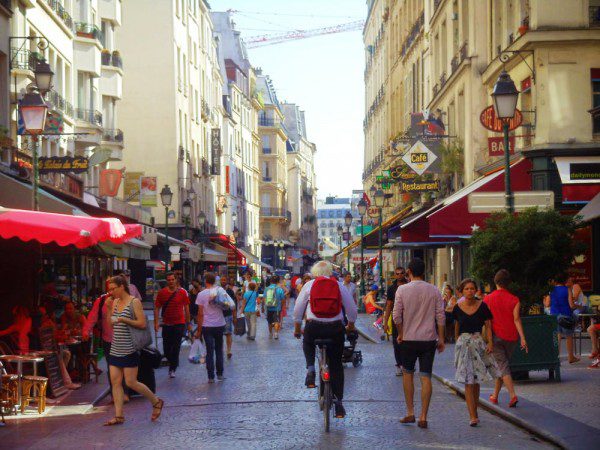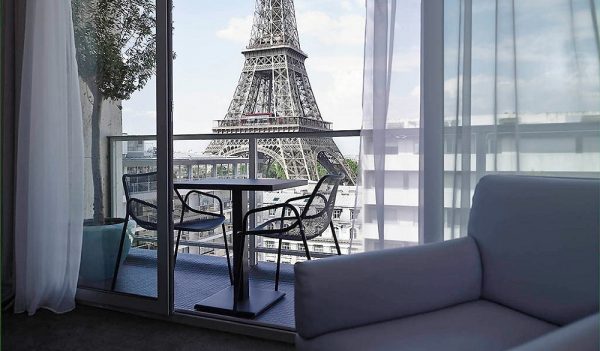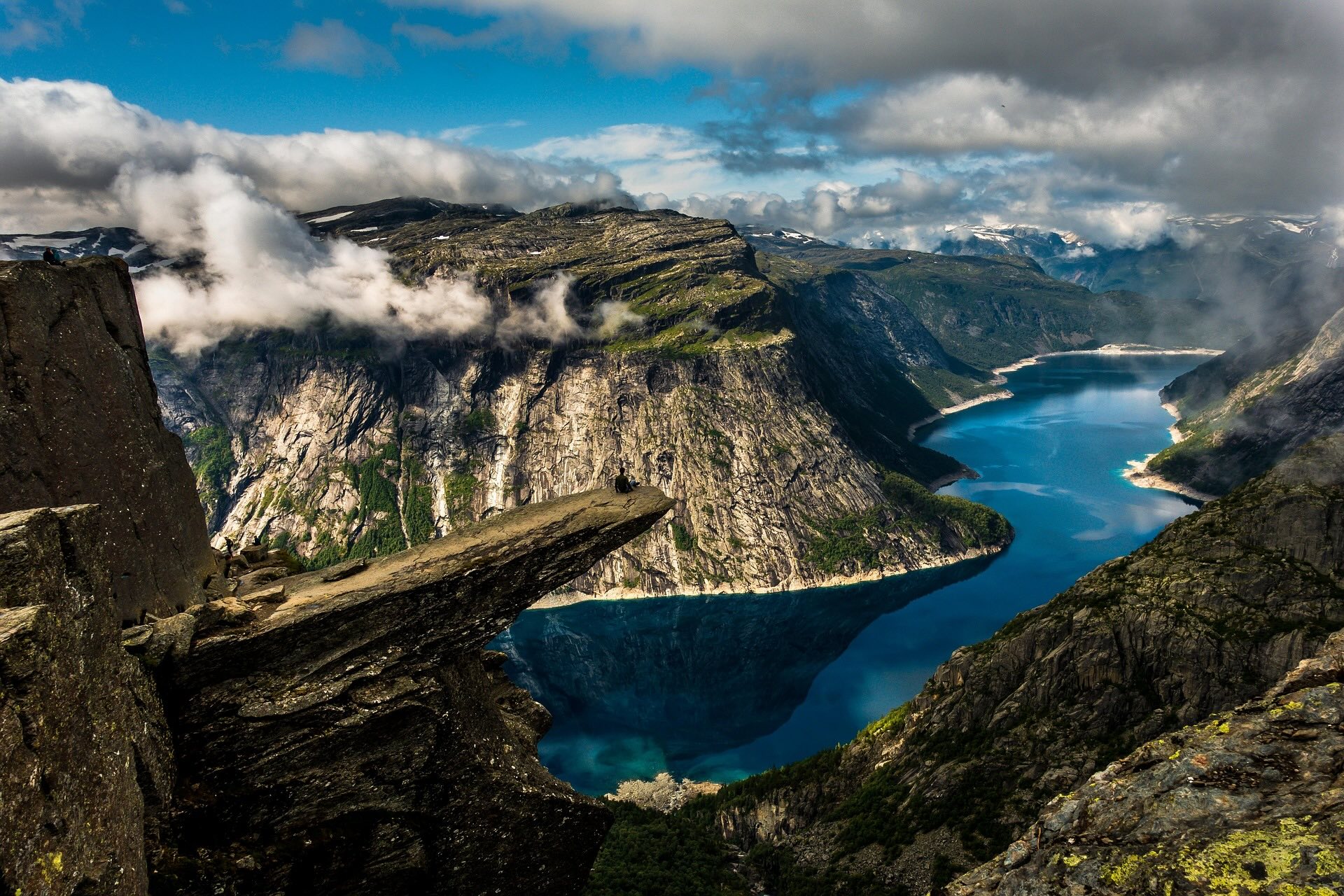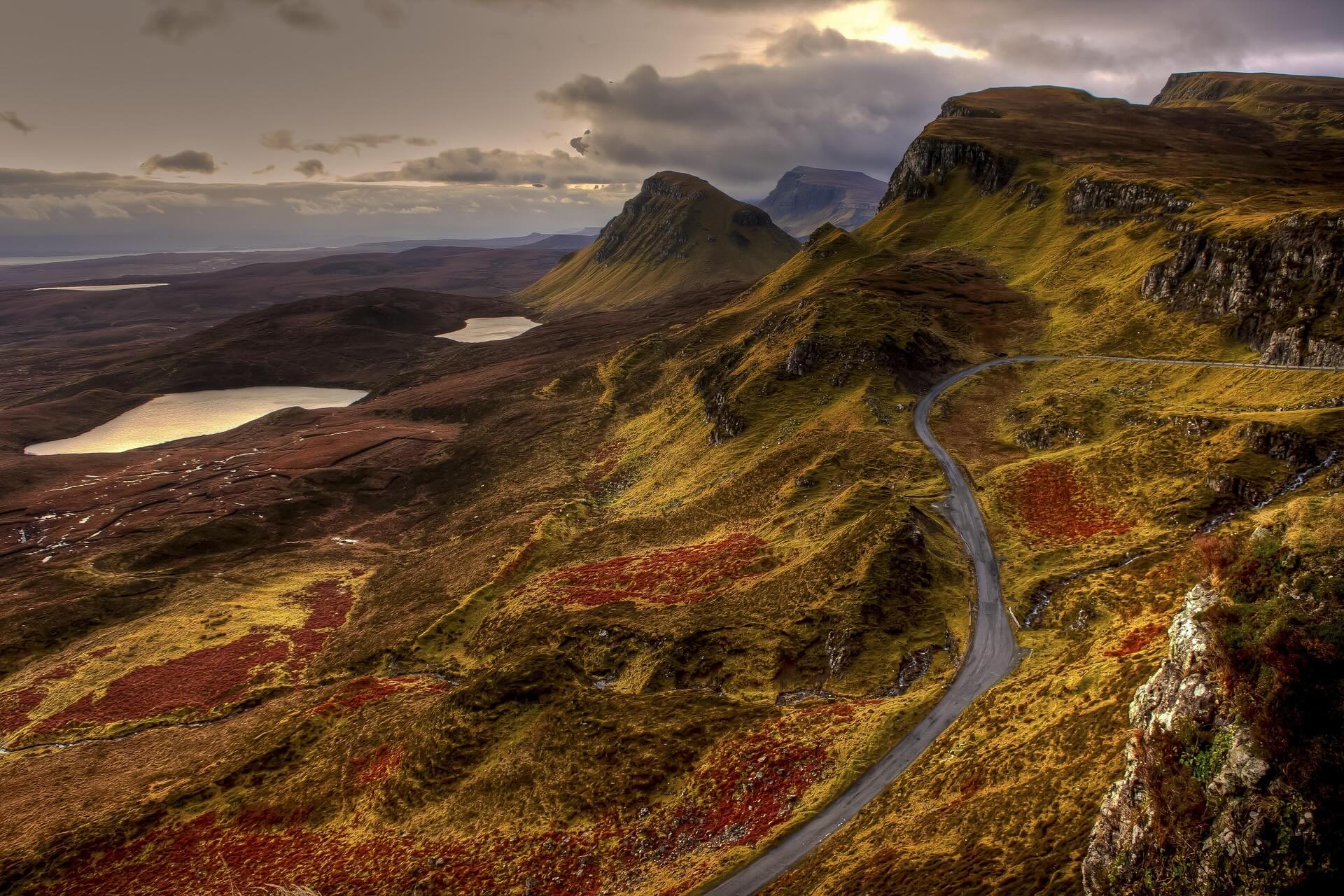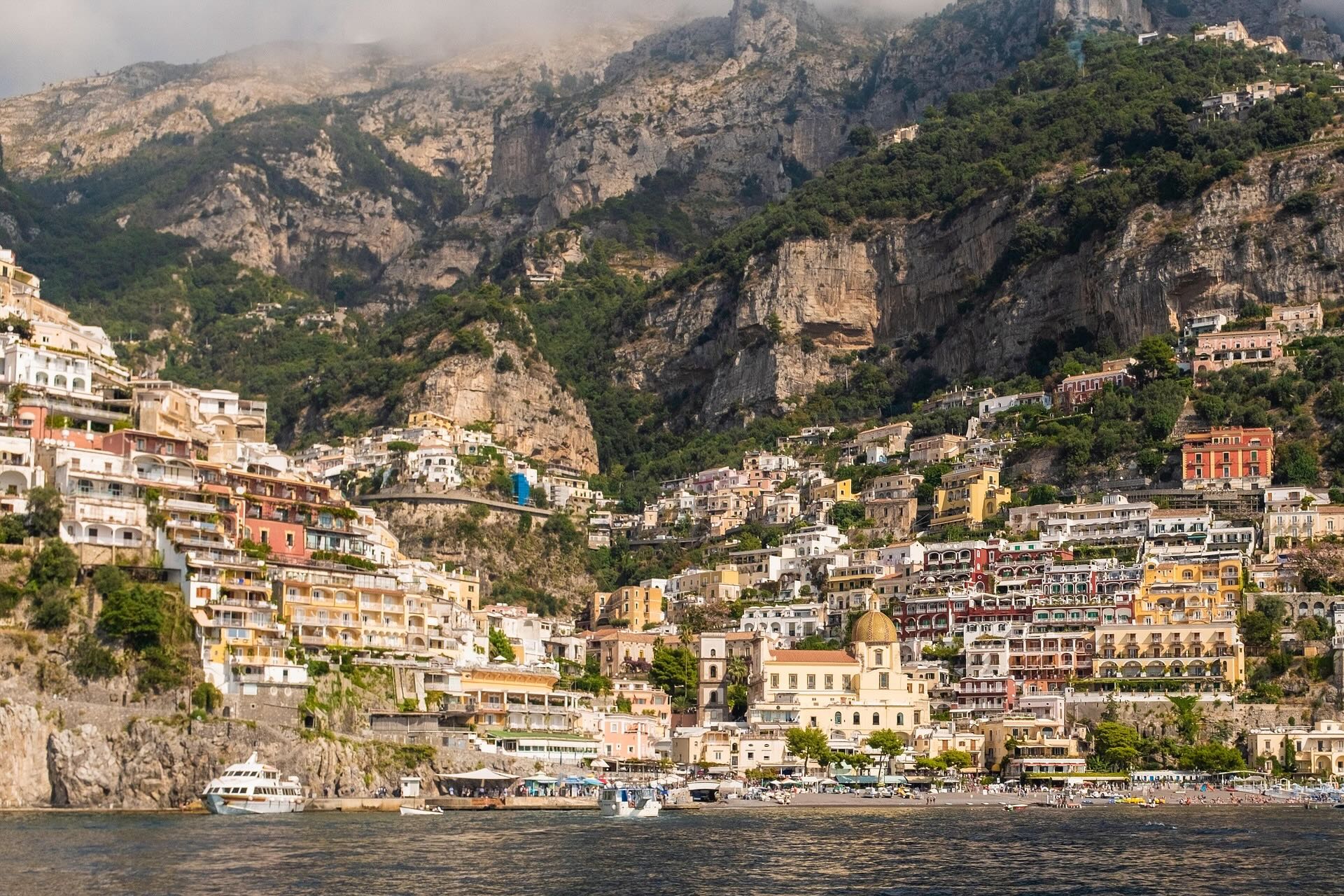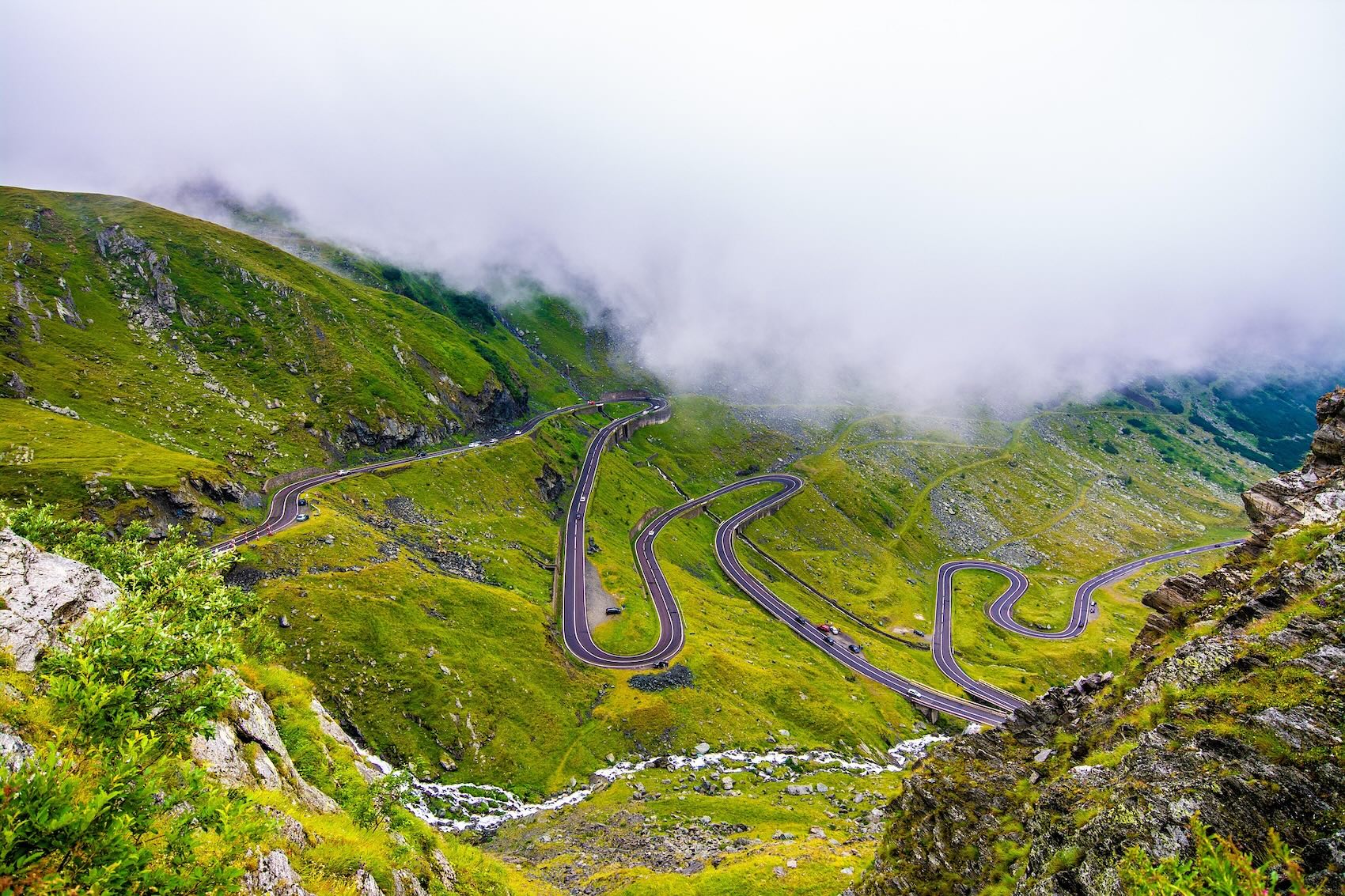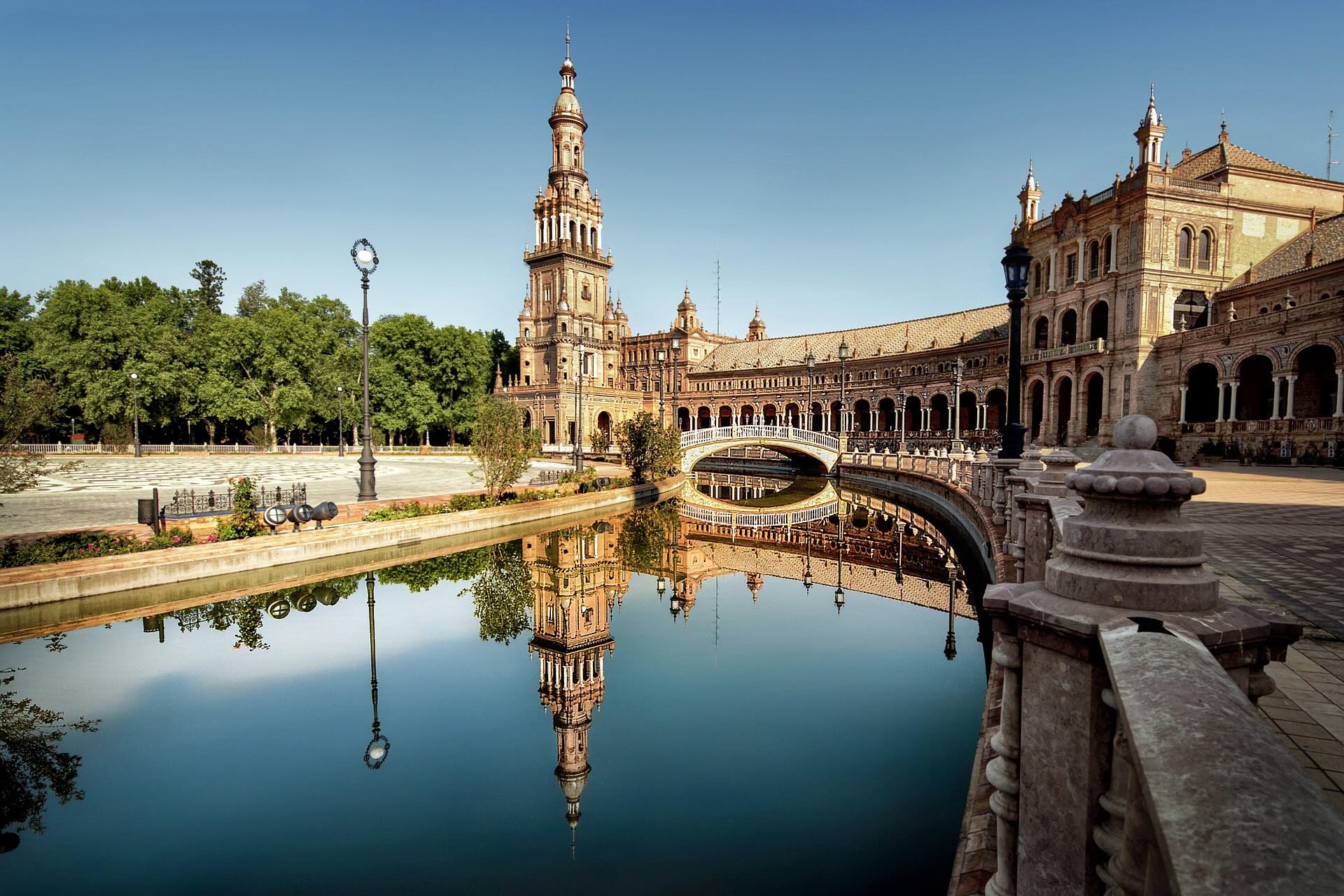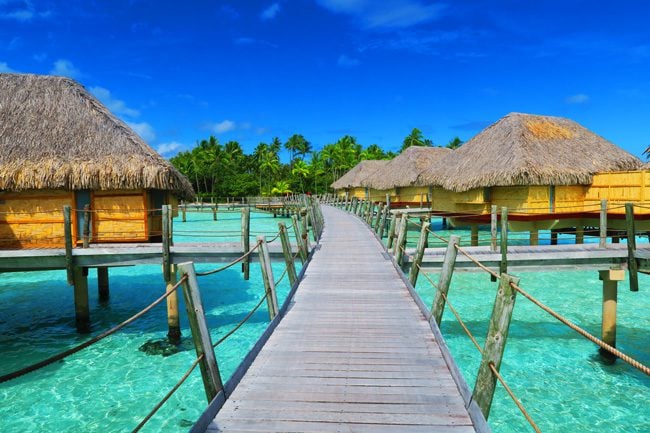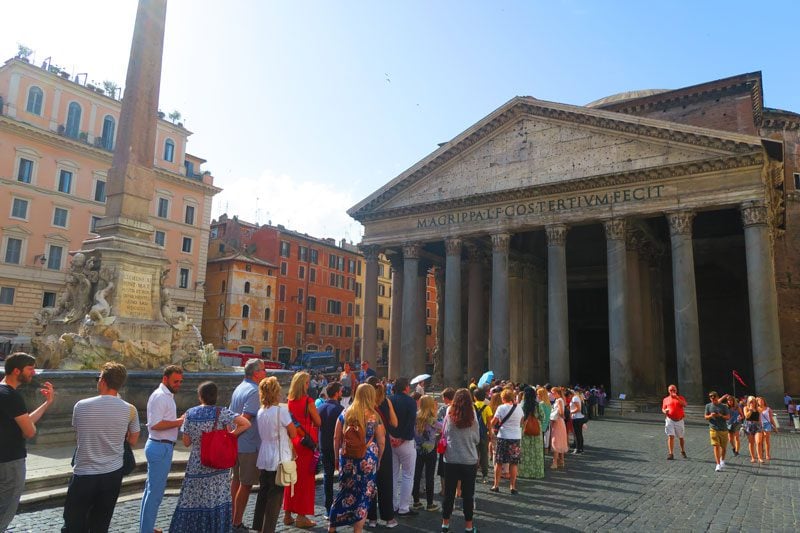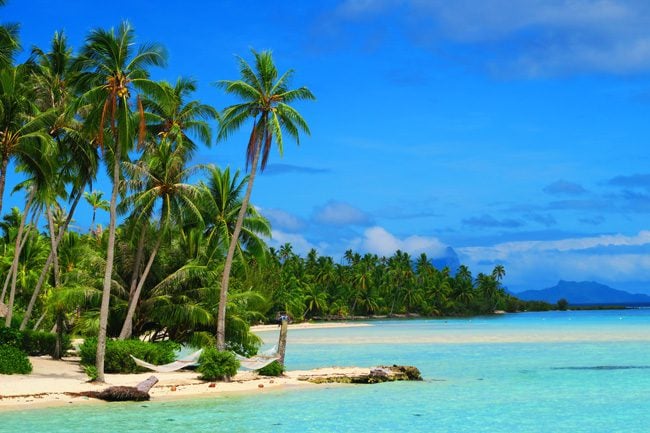3 Days In Paris
Day 1: Grands Boulevards, Museums & Seine Cruise
The first of these 3 days in Paris will be action-packed, just like the rest of our first-time visit to Paris. We’ll concentrate our efforts on some of the top sites in the Right Bank of the River Seine, beginning in the heart of central Paris before working our way down to the river.

Palais Garnier
If you can get an early start to the day, get off at Pigalle or Saint-Georges Metro stations and grab breakfast in Rue des Martyrs. In addition to a number of cafes and bakeries, you’ll find a branch of Sébastien Gaudard – one of the best pastry shops in Paris. From here, it’s a pleasant walk to Palais Garnier – our first real stop on this day. Otherwise, you can head straight to the Opera station or grab breakfast in the cafes along Boulevard Haussmann, which is also a prime shopping area.
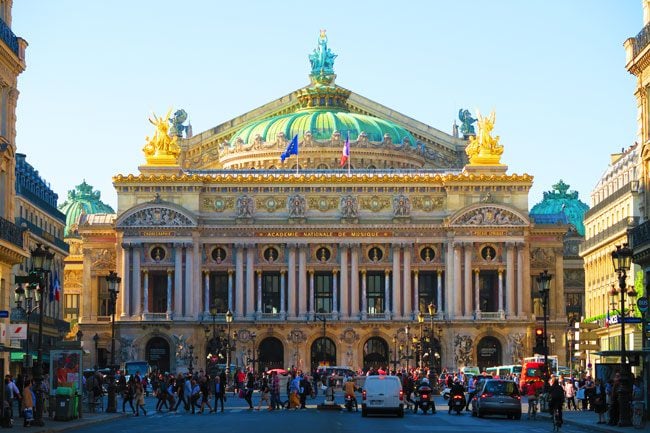
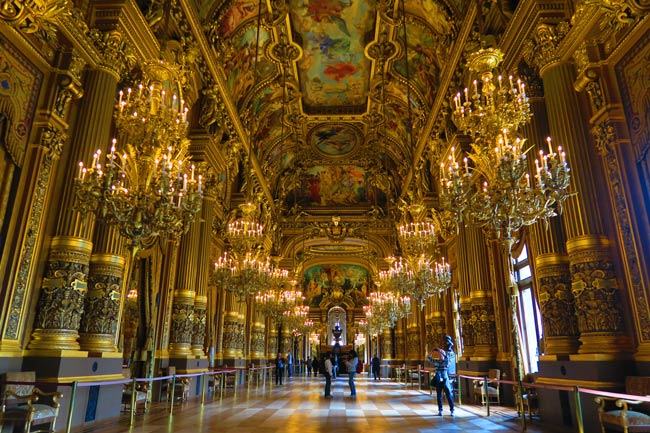
Built between 1865-1872, the Palais Garnier (also known as Opera Garnier), is one of the finest buildings in a city that has no shortage of impressive landmarks. It was built during the Napoleon III era, a period of time when Paris received a massive facelift that turned the city into one of the world’s urban jewels. With an impressive exterior, the real grandeur of the Palais Garnier is best experienced inside its walls either as part of a self-guided tour or an evening at the opera. Here’s a detailed guide to visiting the Palais Garnier.
Palais Royale
From the palace, walk down Avenue de l’Opera to the Palais Royale. Wrapped by government offices, the central courtyard of this former royal palace is one of the most romantic spots in Paris. As you exit the courtyard, a small square usually plays host to random classical music performances. If you have some extra time, grab a seat in the terrasse of Le Nemours and enjoy the show.
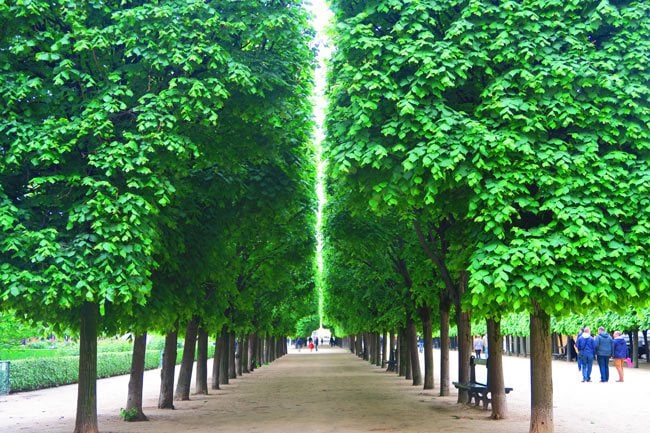
The Louvre or Musée d’Orsay
You can’t say you’ve visited Paris until you’ve set foot in at least one of these world-famous museums. Now, if you only have 3 days to spend in Paris, you’ll definitely need to choose one and you’ll definitely need to concentrate your efforts on a small portion of the chosen selection. These museums, especially the Louvre, are huge with a capital H. In any case, spend a bit of time exploring the Louvre’s main entrance – highlighted of course by the glass pyramid.
The basic difference between the two is that the Musée d’Orsay, besides being on the opposite bank of the River Seine, starts at the Impressionist era, whereas the Louvre focuses on the Classic period and works its way back to ancient times. Here’s a guide on how to best visit the Louvre and here’s a guide for the Musée d’Orsay. It is highly recommended, once again with a capital H, so purchase skip-the-line tickets for both museums in advance.
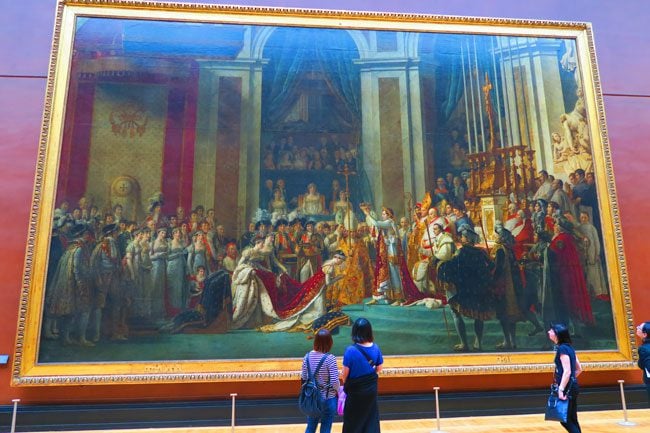
Another small tip, if you’re heading to the Orsay Museum, the small detour to cross over to the other bank on the Pont des Arts is well worth it. This is the famous “love bridge” though it should be noted that its love locks have been removed a few years ago as their combined weight was endangering the safety of the bridge.
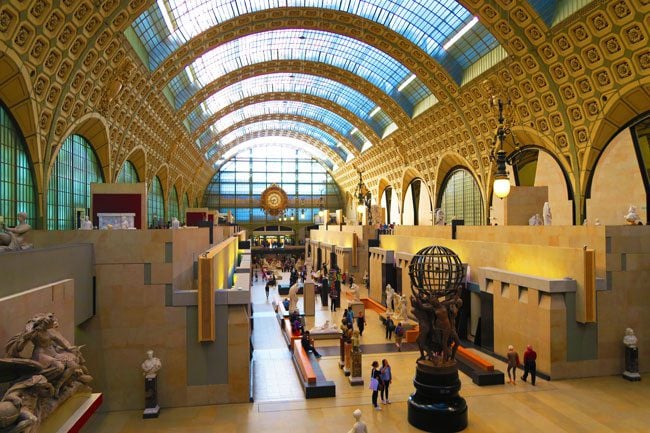
Tuileries Gardens and Place de la Concorde
As you exit the Louvre, walk in the direction of the Egyptian obelisk of Place de la Concorde, cutting through the beautiful grounds of the Tuileries Gardens. These former royal grounds are extremely popular with the tourist crowd. Highlights include the Arc de Triomphe du Carrousel – built to commemorate Napoleon’s victories 30 years before its “big” sister up the road (also a prime spot for annoying hawkers), the garden’s exquisite stone sculptures, its manicured lawns, shady cafes and, of course, the central water fountain – an irresistible spot for grabbing a snooze on one of the free metal chairs. Oh, and there’s the Musée de l’Orangerie – but we really don’t have time for another museum.
At the western entrance to the Tuileries Gardens, the grand “roundabout” of Place de la Concorde lies at the bottom of the Champs Elysees. These days, it is hosts mad drivers, national parades, and summertime mini amusement parks but, back in the day, it hosted beheadings sponsored by the French Revolution. Decorating the plaza is the famous obelisk, hauled over from Egypt in 1831 and two classic Italian water fountains. Be sure to walk around the northeastern corner of the plaza to admire the symmetry – so much thought has been put into Paris!
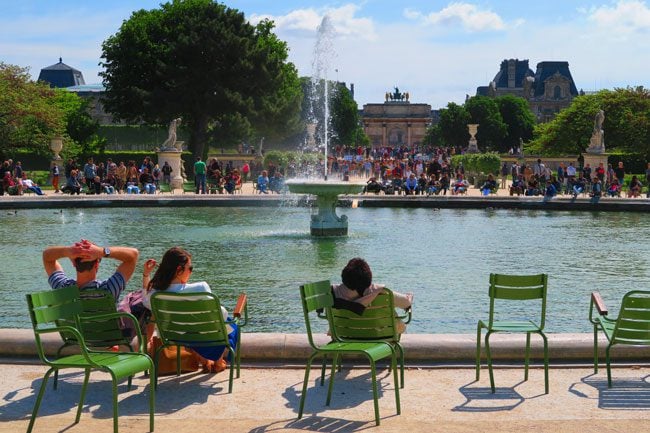

Grand Palais and Petit Palais
Looking like the prettiest greenhouse that you’ll ever see, the Grand Palais is another iconic Parisian landmark. It was built for the Universal Exposition of 1900, a time when cities were showing off who’s got the biggest one. Built in Beaux-Arts style, the mostly steel and glass structure is still a functioning exhibition hall. Across the road, the Petit Palais is free to enter at all times and it is the home of the Fine Arts Museum (admission to the permanent collections is free). There’s also a charming cafe in the garden that’s just perfect for a coffee break before hitting the road.
Pont Alexandre III
The right and left banks of the Seine are connected by many bridges but none are prettier than the Pont Alexandre III. Like the Grand & Petit Palais, the bridge is another one of those grand construction projects to show Paris off to the world in the Universal Exposition of 1900. Famous for its gilded ornaments and Art Nouveau lamps, the bridge is one of the most romantic spots in Paris.
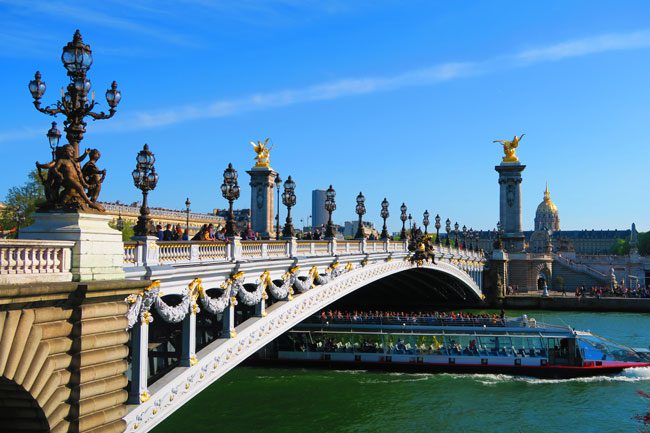
During spring and summer, there’s more action happening beneath the bridge than on top with a few pop-up bars springing to life. It’s the perfect spot in Paris to end your day. Bring your own drinks or grab a spot in one of the bars and enjoy the last few hours of what will probably be another one of those days in Paris that you just don’t want to come to an end.
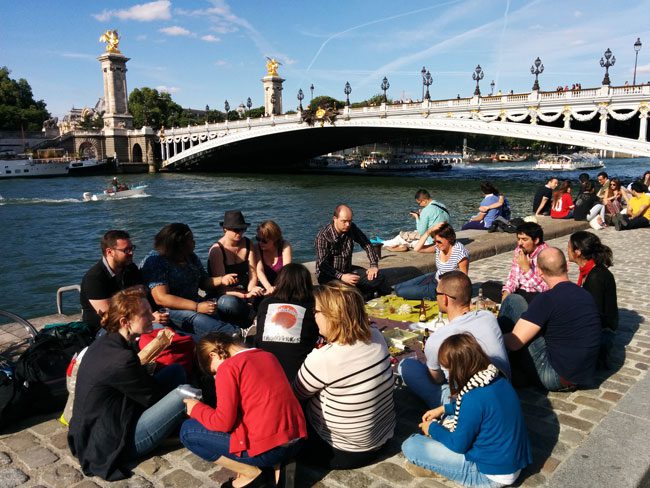
Dinner Cruise on the River Seine
It might sound super touristy, but cruising the Seine while dining or sipping a glass of champagne is an excellent way to wrap up this busy first day and to scout the next day’s highlights, in style. Quite a few of the city’s most famous monuments lie close to the banks of the river, giving you the opportunity to cover a great distance with minimal effort. The most popular route runs from the Eiffel Tower to Ile Saint Louis. There are quite a few options for evening Seine cruises, ranging from champagne tours to my personal favorite – a romantic dinner cruise.
